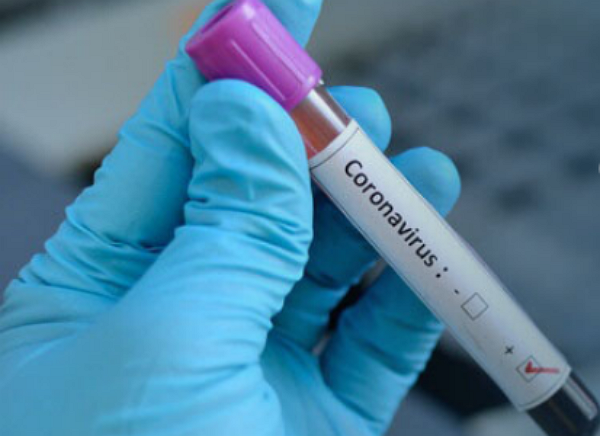The Korean government, which had come under fire for its sluggish progress in procuring Covid-19 vaccines, recently signed a deal with AstraZeneca to import its coronavirus vaccine.
According to the public health authorities, the government completed the contract last Friday.

Korea has been negotiating to conclude supply contracts with multiple foreign companies, such as Modena, Pfizer, AstraZeneca, Johnson and Johnson, and NovaVax.
It has concluded the deal with AstraZeneca and signed a memorandum of understanding with Johnson and Johnson and Pfizer. The government will fix the specific quantity and period in further negotiations.
The negotiations have reached the final stage, and Prime Minister Chung Sye-kyun will release the results next week.
AstraZeneca's Covid-19 vaccine is cheaper than its rivals, priced at $4 per dose. The vaccine is also easier to distribute as it can be stored between 2 and 8 degrees Celsius while those of Pfizer and Moderna require below-zero conditions.
Health officials also believe that the nation has an advantage in securing the quantity as AstraZeneca had signed a contract manufacturing organization (CMO) deal with SK Bioscience, producing the vaccines in Korea.
However, AstraZeneca's vaccine is still in dispute despite the recent emergency use authorization by the U.K. regulators. The company also admitted that its researchers made dosing mistakes during clinical trials.
AstraZeneca's vaccine also showed weaker preventive effectiveness compared to Moderna and Pfizer products in studies.
The government will allow time for health officials to review side effects and approve the vaccine use. The country has to prepare cold chain storages and networks to distribute the vaccines and a system to collect reports of adverse events that may occur among the public after vaccination.
These preparations are likely to delay the national Covid-19 vaccination to next year.
"We have to look up the final approval given by the countries that developed the vaccines and review safety and efficacy shown in the high-risk groups, to establish a detailed vaccination plan," said Jung Eun-kyeong, commissioner of the Korea Disease Control and Prevention Agency.
Jung went on to say, “Since we cannot be not completely certain of their effectiveness, we will have to secure various vaccines and work out vaccination plans that can best match the types of vaccine with recipients."
Korea has allocated an additional 900 billion won ($820 million) to vaccinate up to 44 million people for Covid-19 in 2021, out of its total population of 50 million.

